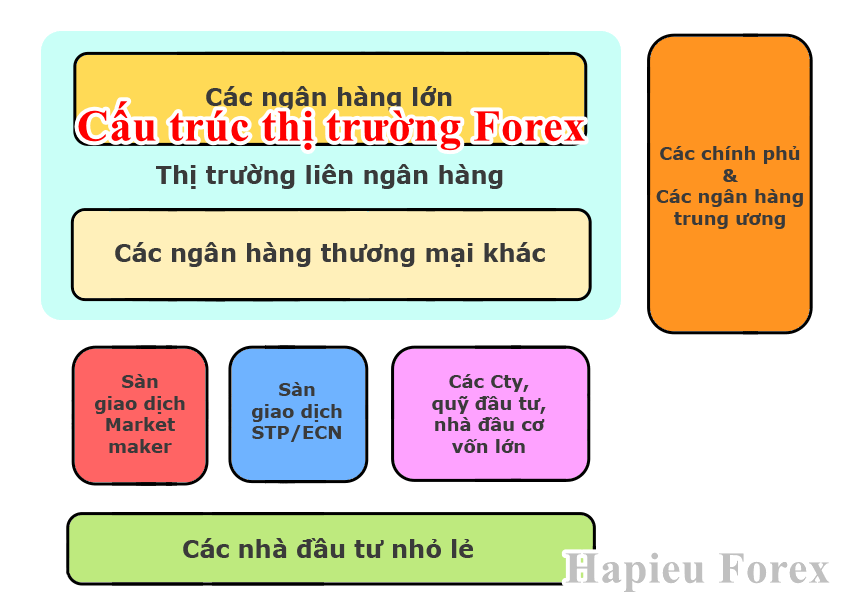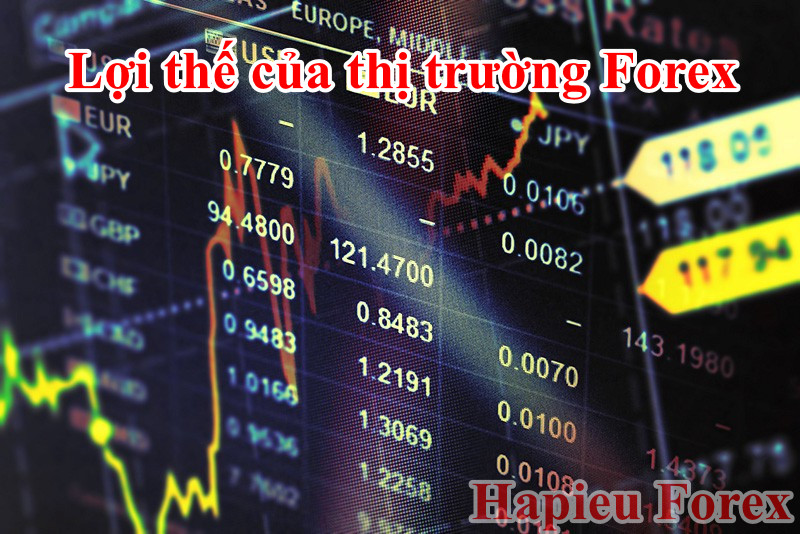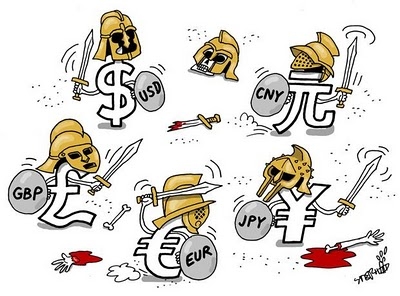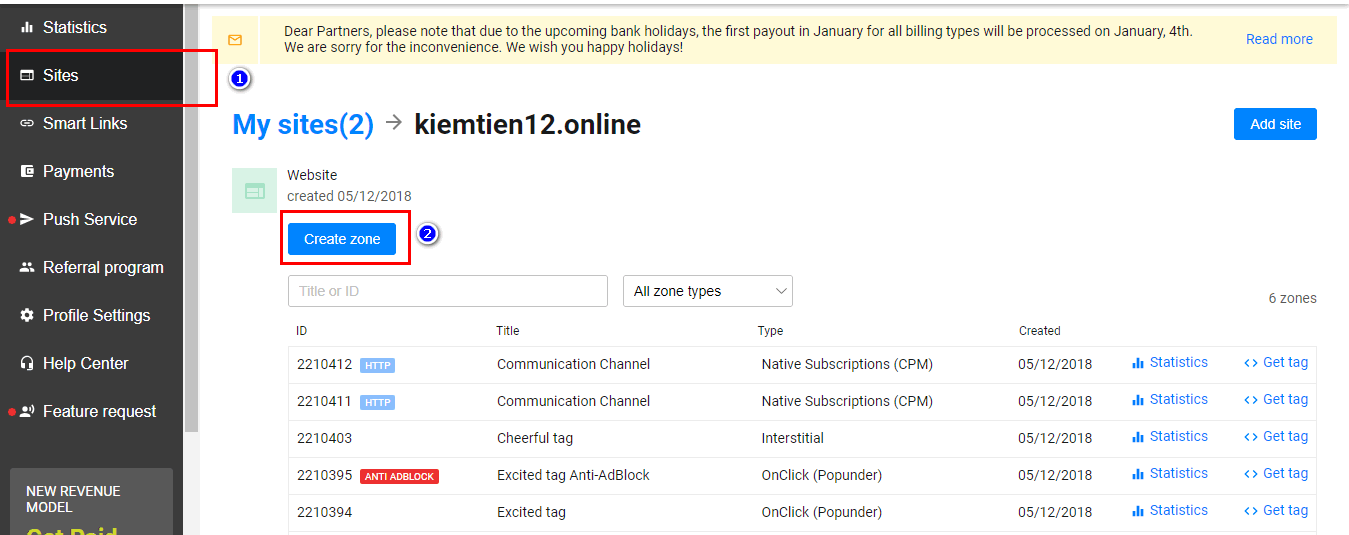Profit and loss in forex market?
Tags:
Now, you might ask: "What are the profits and losses in the forex market?". Well, let's start with an example that can happen in practice as follows:
Suppose you are an American and you plan to go to England on vacation. In the UK, you will have to pay the hotel rent, food, shopping and many other British pound items during the trip.
So you will have to carry US Dollars (denoted by $) to exchange or buy a number of Pounds (denoted £). You go to the bank and see the exchange rate between the US Dollar and the British Pound at that time of 1.5700 USD to eat 1 pound (1.5700 $ = 1 £). You sold $ 1570 and took £ 1000 (actually bought £ 1000), then went home to prepare for the trip.
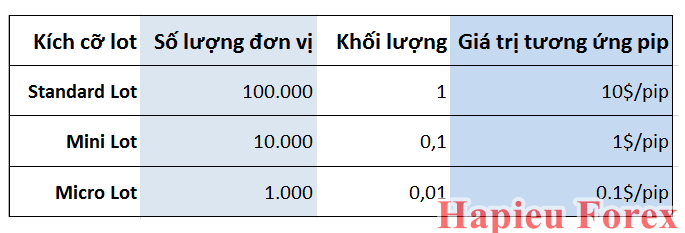
Unfortunately, just before the trip, your boss requires you to participate in a project that cannot be delayed. Of course, you don't want to lose your job and have to cancel your trip. A few weeks later, you remembered that you still kept 1000 pounds and you want to sell it because it can't be sold in America. This time, you go back to the bank and get the exchange rate of $ 1,5900 to eat 1 pound. That means the pound has increased in value compared to when you bought it before. You sold all 1000 pounds and collected $ 1590. Yes, so you have earned or earned $ 20 from the exchange rate difference after a few weeks 0)"/>.
Another time, you have to go to meet customers in Japan. This is your chance to try sushi, see Sumo wrestling or buy a Samurai sword; And of course you will need the Japanese Yen to buy all those things. You go to the bank to buy Japanese Yen (denoted by ¥) and the exchange rate is then 79,000 ¥ to eat 1 $ (79,000 ¥ = 1 $). You sell away $ 1,000 and redeem 79000 ¥.
However, your customers in Japan suddenly choose another partner, not your company. Now you have no reason to go to Japan anymore and Japanese Yen becomes useless in America. You come back to the bank again to exchange money (the bank is obviously happy about this). But this time unfortunately, the exchange rate has increased to 80000 ¥ to eat 1 $, which also means 0.0125 $ to eat 1 ¥ 0.0125. The Japanese Yen is now more valuable than when you bought it. You sold all 79,000 ¥ bought in the past and only bought $ 987.5 (79000 x 0.0125 = 987.5). You see, you've lost $ 12.5 after only a few days.
The example above shows the initial concept of trading forex market. However, if you buy a currency and sell it immediately, even if there is no price fluctuation, you will still lose money. That's because banks and market participants make a profit by selling foreign currency to customers at a price higher than the price they accept to buy; and buy at a price lower than the price they accept to sell. This difference is called the spread difference that we will discuss later.
As you can see, the exchange rate is always fluctuating. Investors in the forex market hope to profit from this price fluctuation. Does that seem attractive? Are you anxious to make money? Stay calm and sit down and learn everything here. Remember that "Don't study won't be able to earn money in the forex market".




